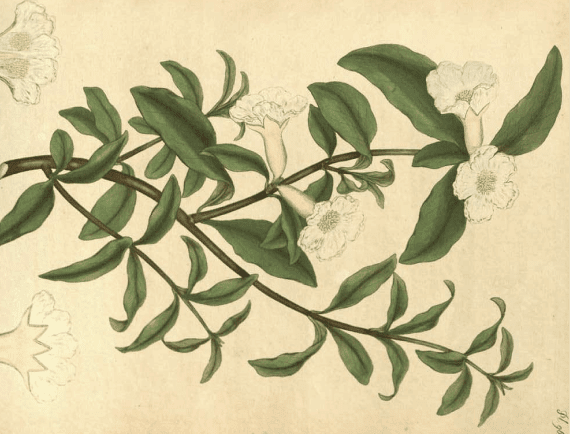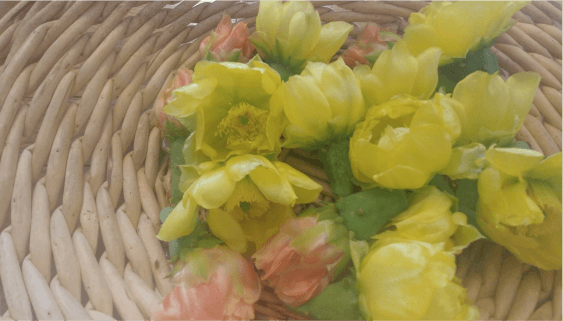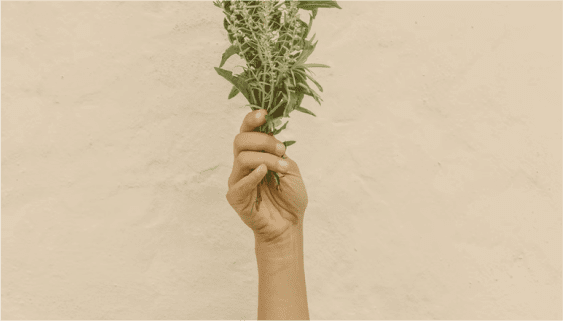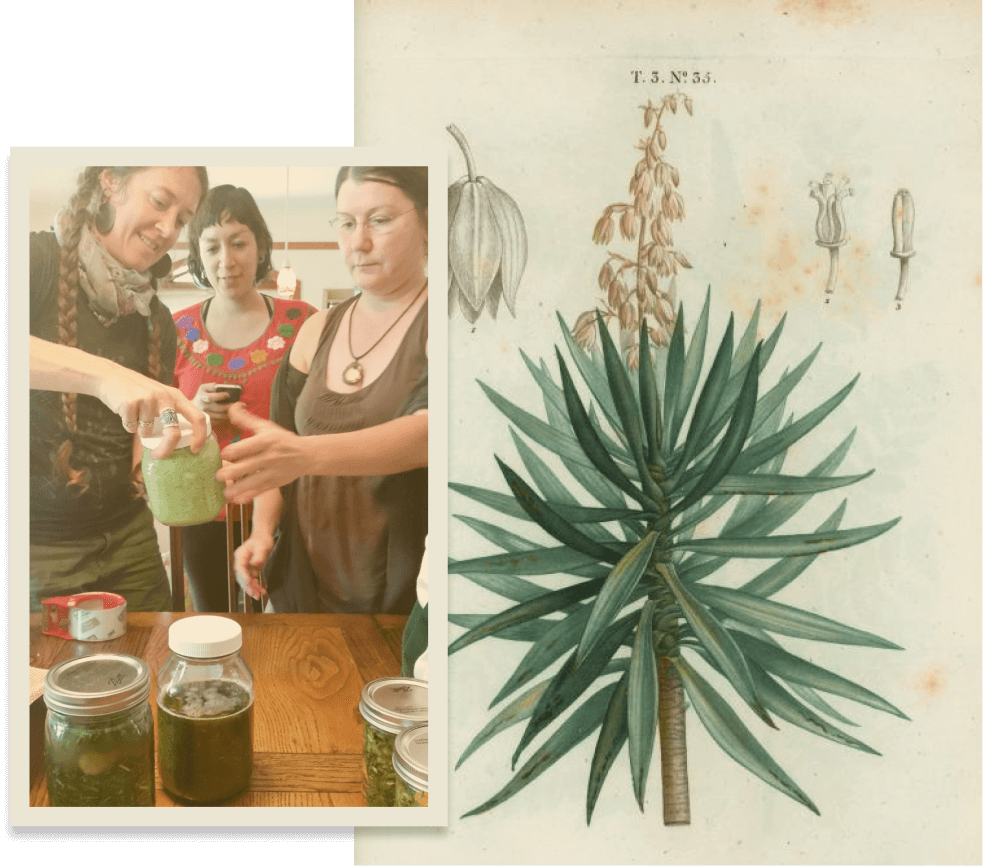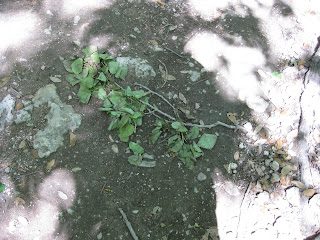 Cottonwood, or Populus deltoides
Cottonwood, or Populus deltoides
The Lakota know them as canyáh’u, meaning “peel off wood,” and the Omaha as maa-zho.
Family: Salicaceae family of plants, or willow family and is closely related to poplars, and willows
Description: Cottonwood is a tree that can grow up to 90ft tall. These trees lose their triangle shaped serrated leaves in the winter. The bark is grey and has deep furrows. They make flowers are known as catkins that burst into white fluffy seed, where the plant draws its name. I like to lay under cottownwoods at barton springs and watch the cotton like seeds drift to the ground.
It is often found in close proximity to water, as are willows. It is usually found in the wild or has been planted by homesteaders years earlier to provide shade.
Uses: The sticky leaf buds can be used to make salves and oils. The twigs can also be used for both oils and tinctures. Traditionally you will hear reference to using the bark but it is an absolute nono to strip a tree for its bark unless it has already been downed. The best way to harvest cottonwood is after a good spring storm or tornado throws a few branches down from higher limbs. Strip the outer bark off of the small twigs to make your preparation
Many tribes have used cottonwood as a textile and medicine throughout history. Medicinally it is known for its pain relieving effects. The willow family is known for having salicylates,known for pain relieving properties.
Modern Use: Willow bark is a popular market herb for headaches and other pain relief, but cottonwood has been said to be more consistent in its effects. The plant can be used both topically and internally
Preparation: Oils, Salves. Tincture
Clinical Use: I use cottonwood bark in my aches and pains balm. I also add it to many formulas for pain relief. It acts specifically not just as a sedative but also as an anti-inflammatory
